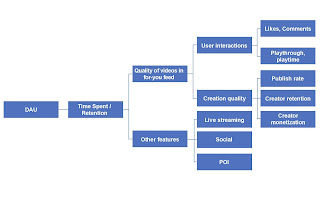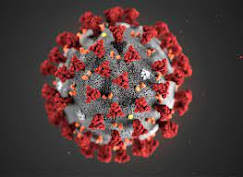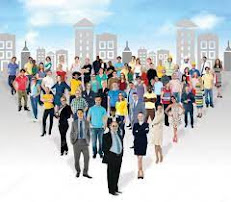I know for me, I'll never forget 2020. I was supposed to graduate high school but in March of that year we were all sent home. I'll never forget hearing the freshman cheer and yell that school was letting out. I remember all of the seniors including myself saying, "We'll be back next week." only for us to never return. I never got to walk the stage or say goodbye to my classmates, it all just ended abruptly. However, right before the summer there was an app, TikTok. I was actually pretty skeptical of this app initially, I did not want to download it. Looking back it makes me think of Diffusion of Innovations and the success that it had. Diffusion of innovations justifies what causes cascades of video content to spread through entire clusters of nodes, or friend groups, because people with close links tend to start following and liking the same TikTok trends.
While TikTok has changed the way that we look at technology, it does not come with some clear negatives. How exposed are we when it comes to TikTok? How exposed is too exposed? What if I told you that the TikTok algorithm looks to read your mind. Looking back in class we discussed privacy as well as artificial intelligence and the way that social media apps are trying to guess what we are going to do now and in the future to predict our behavior.Tuesday, December 13, 2022
Our Relationship With Technology- Final Blog Post #12
Friday, December 9, 2022
EOTO Reaction- Blog Post #11
EOTO 2- Blog Post #10
Net Neutrality argues "Free Expression" as we have learned in this class through the First Amendment, "everyone has the freedom to hold opinions, receive and voice their ideas without interference by public authority." If Broadband providers are able to pick favorites online, newer companies can never even get their feet off the ground. Tim Wu coined the term "net neutrality" to call out broadband providers and ask for anti-discrimination rules. Think of a highway. On this highway, there are multiple lanes, you have your traditional lanes that are free and then you have fast lanes. The fast lanes usually through Waze or Google Maps tell you that you will reach your destination earlier because the fast lanes are quicker. However, there is one stipulation to this, it requires money. Whether it be a toll you have to pay or you use your E-ZPass it is not free. This is exactly what Internet Service Providers do when they do not follow net neutrality. In fact Comcast landed in hot water when they banned a home internet user from accessing (VPNs) and the same thing happened with AT&T who banned some of its users from using their WIFI routers.
Sunday, December 4, 2022
"Living in the Age of AI"- Blog Post #9
Ultimately, the computer ended up outsmarting the human. However, this was just the beginning of what would come from this. Artificial Intelligence has the ability to be able to predict outcomes. In doing so it deepens inequality, challenges our Democracy and most importantly, changes the world. Hypothetically, if you were to give an application on your phone access to another application. The first party voluntarily gives all power to what the third party can do with your information. This is crazy to think about. When you sign up for applications like Twitter, you are agreeing whether you know or not to have some of your information used by third parties. The scary part to this is that you have no idea what these third party apps could be using your information for.
The video also discussed the implications that Artificial intelligence could have on our democracy such as surveillance capitalism. A lot of experiences want to know what we are doing now, in the past, and in the future. Everything about your thoughts, desires, friends and family. Anything that can be used to predict potential future decisions. This could become a National Security concern, if we are a country that prides itself on the freedom of everyone. What would it look like if the world knew we were watching every little minute detail of every person we could?
For companies like Facebook and Google it is not what you post or what you post, it's about everything. From the shirt you where to if your hair is curly or straight. There are cookies within our phones and laptops collecting data on us. Micro based targeting to learn intimate details about users. This is then used as "Power", potentially by political parties to gain information specifically when it comes to voter behavior and patterns.Think of the cameras that watch you. The airport when you scan your passport can automatically detect your face just off of facial recognition. What are the bias' that come with Artificial Intelligence? There is so much to be discovered about this technology and that is the scary part..
Blog Post #8 "Privacy"
Diffusion of Innovations- Blog Post #7
The Intoxicating Watch- Would you like "Another Round" ?
Q News Bri Davis Going through a mid-life crisis, not sure what to do? Find a hobby, surround yourself with friends or see a therapist. Don...
-
If you’ve been looking for a place to have a great meal, catch up with friends, or simply take yourself on a solo date, for nothing but a ma...
-
I have been playing soccer since I was four years old. By a certain age, I knew the sport better than I could read or write. When I stepped ...
-
Imagine that you are getting ready for a date. You pick out that gorgeous red dress that you’ve been waiting to wear for a special occasion...















